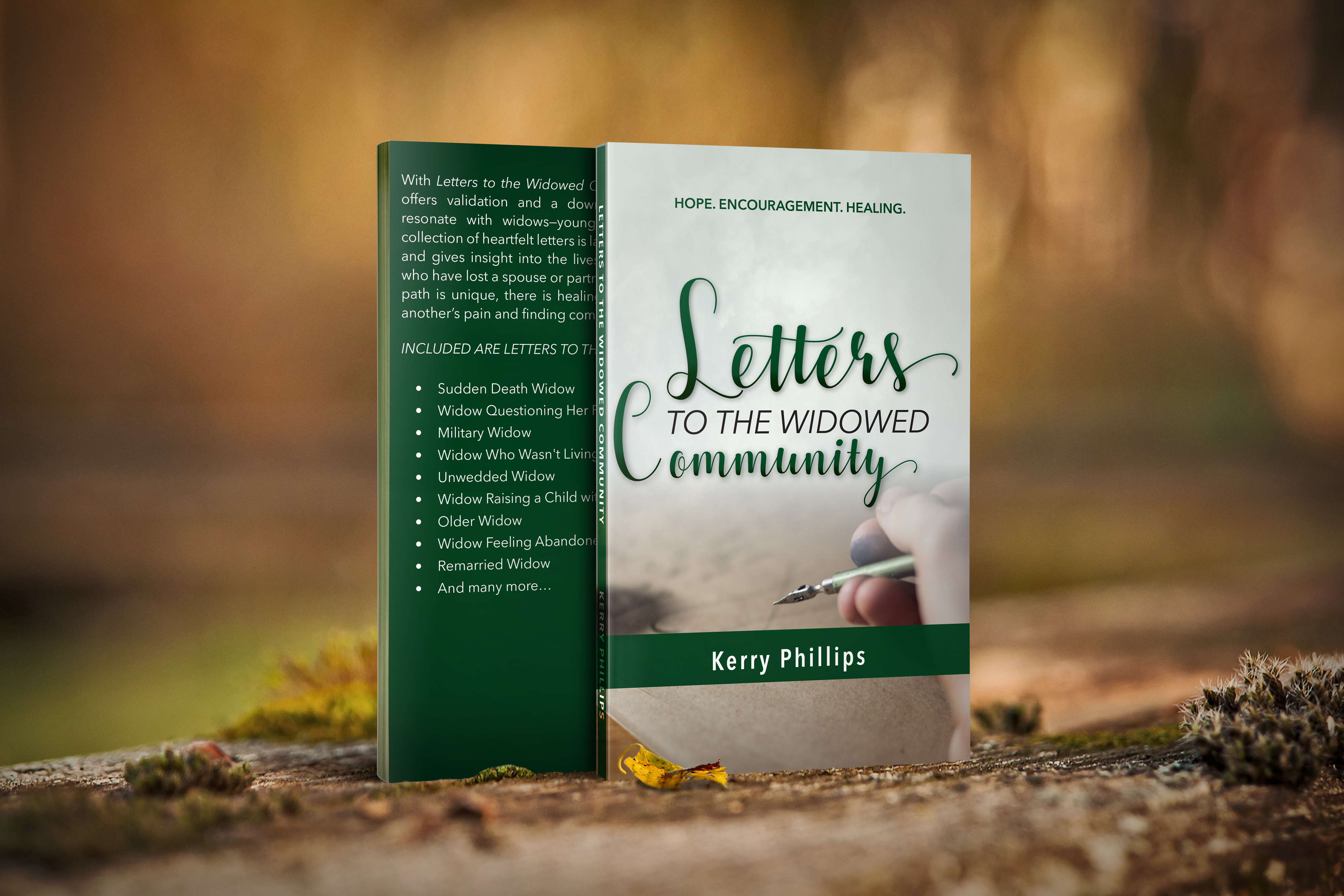Why are you always talking about your dead spouse?
We talk about those we love to honor their memory. Though you may have gotten back to your life the moment you got home from the funeral, we’re left with death and its aftermath. We struggle to make sense of a world without our spouse and lose a part of our former lives with each passing day. We forget the details of the family vacation. We can’t recall the inside joke in its entirety. We struggle to remember the little things. So we talk about them. We share our memories to preserve them…for us…for our children. What a disservice it would be to our spouse to have lived, died, and be forgotten about by everyone.
When are you going to “move on”?
How do you simply “move on” when the world as you once knew it has changed? How do you move on from grieving children? How do you move on from the memories that continue to loop in your head? How do you move on from missing your partner’s voice, touch, smell, presence? How do you move on from the song that threats to pull you into grief wave? How do you move on when you drive by the accident scene every day? How do you move on when the illness that caused your spouse’s death continues to affect so many others? Every day we are reminded of what we’ve lost. Every day there is a trigger of some kind. We don’t ever “move on.” We simply learn to move forward…
ADVERTISEMENT
Aren’t you going to date again?
The truth is, we may not know. We never expected to lose our partners at such a young age. We never expected to be forced into a world of solo parenting. We never expected to have “us” become “me.” While some of us may know with certainty that we don’t want to spend the rest of our lives alone, we aren’t sure what the world of dating currently looks like as we often haven’t had to date in decades. We also reserve the right to never to date again – without being judged for being “stuck.” So, before asking us, please allow us time to make sense of our loss, our new reality, our “new normal.” Besides, should we ever decide to, it will be on our timetable, not society’s schedule.
How can you be happy and sad at the same time?
Widowhood forces you into a world of dual realities. You can be buying flowers to place on your spouse’s headstone while talking to friends about an afternoon get-together. You can be hit by a grief wave while out on a date with your new partner. You can be on an emotional high from earning your master’s degree only to sink into a “widow funk” hours later because your partner isn’t here to share in the occasion. Please don’t question our motives or our grief. You don’t know the skill and strength it takes to live in both these worlds.
Please offer love and compassion to the widow or widower in your life. If you aren’t sure how to best support them, ask. We know seeing us in pain may make you uncomfortable and you want to try to “fix” us. Just be there. Sometimes, your physical presence alone is all we need to get through an especially tough day.
Kerry runs a support group for young widows and widowers venturing back into the world of dating and is a contributor to Open to Hope. She is the author of “Letters to the Widowed Community” and “The One Thing: 100 Widows Share Lessons on Love, Loss, and Life.” Her articles on widowhood and grief have been featured in HuffPost and Love What Matters. She’s also the host of the Young, Widowed & Dating podcast.


